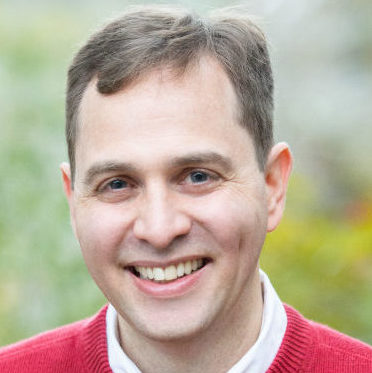
The early bird gets the worm — and fewer COVID-19 cases. The saying is being applied to certain nursing homes after a new study found that facilities that started the COVID-19 vaccination process earlier were less likely to have new cases when compared to providers who started inoculations weeks later.
Early group nursing homes had 2.5 fewer COVID-19 infections per 100 at-risk residents after one week when compared to late group facilities. In addition, they had 5.2 fewer cases per 100 after five weeks.
The study, led by Brown University researchers, was conducted using data from 280 Genesis HealthCare facilities. Nursing homes in the early group conducted their vaccine clinics from Dec. 18, 2020 to Jan. 2, while the late group’s clinics were between Jan. 3 and 18.
Rates of hospitalizations and deaths were also down for providers who started the vaccination process earlier. Findings showed that after seven weeks earlier vaccinated facilities five fewer hospitalizations and/or deaths per 100 infected residents.
Brown University biostatistician and co-author Roee Gutman said the findings reveal just how quickly the vaccine starts to work within long-term care facilities.
“We see that the mRNA vaccine is useful and has a strong protective effect relatively soon after it is being administered,” he told McKnight’s Long-Term Care News on Monday. The full study was published Friday in the Journal of the American Geriatrics Society.
“It is significant because the original Pfizer trial was not performed on this population and it only examined severe COVID cases. Because residents are tested regularly, we can see that the number of infections is lower than those that vaccinated later and a measure of COVID severity is lower. Second, we see that the mRNA vaccine works on this very old and frail population,” he added.
Researchers said they hope the findings “make it possible for nursing homes to begin controlled efforts to open up to family visitation and alleviate other restrictions, thus reversing the social isolation which has become virtually universal during the pandemic.”





